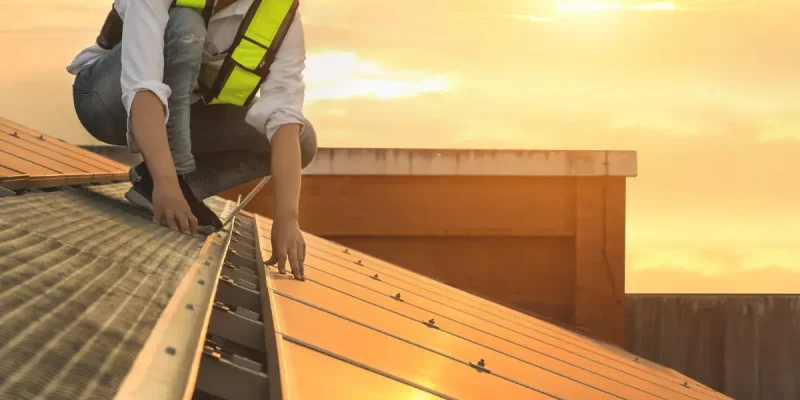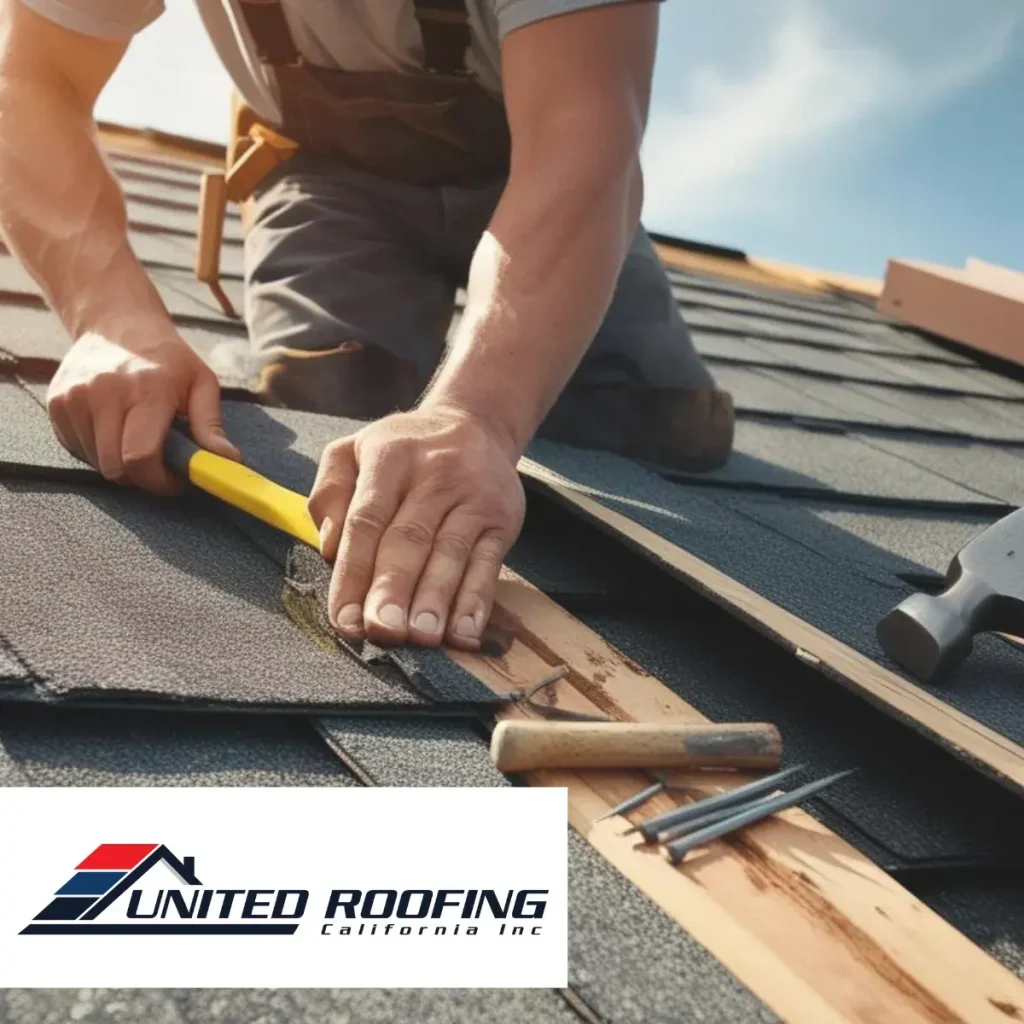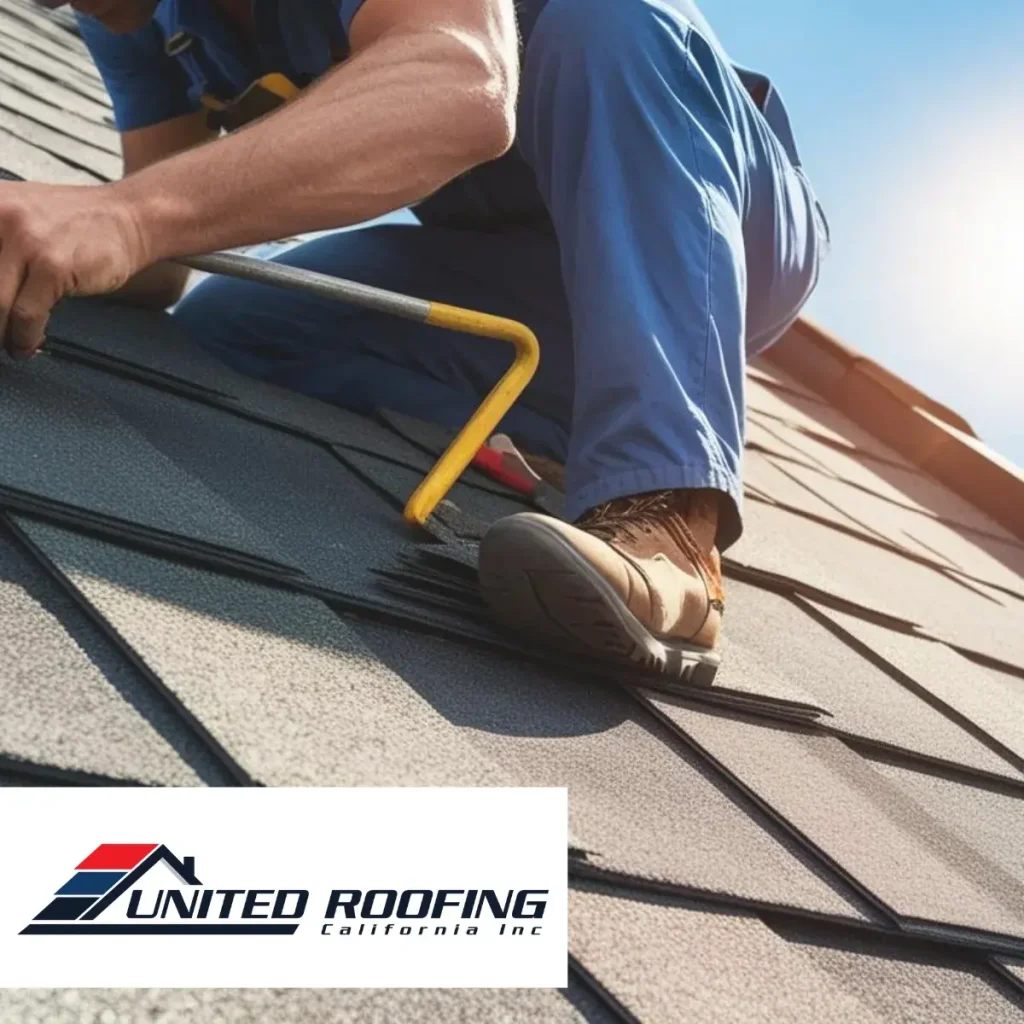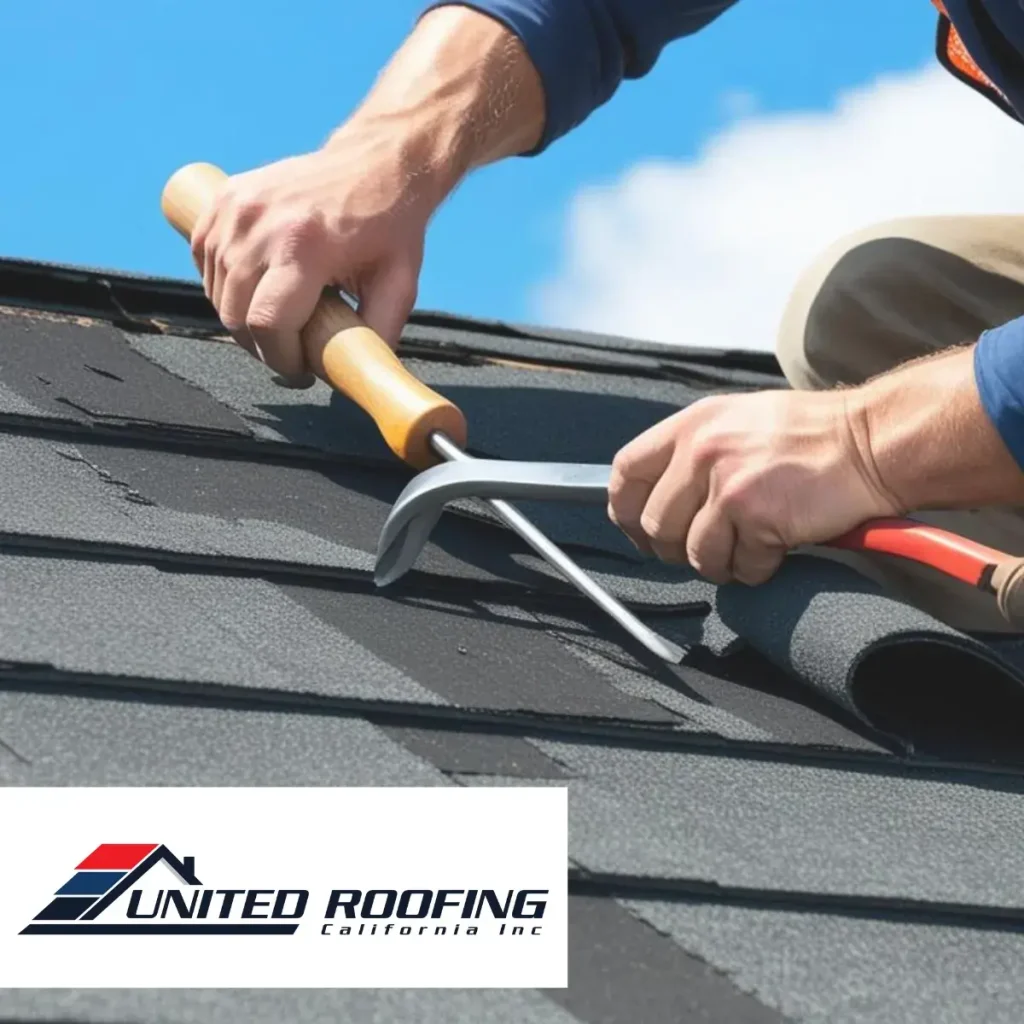Deciding between a repair and a full roof replacement can be challenging, especially when facing damage from weather exposure or aging materials. While some issues can be resolved with minor fixes, others require a more comprehensive solution to prevent long-term structural concerns. Understanding when to opt for simple repairs and when roofing replacement is necessary helps homeowners protect their investment and ensure lasting durability.
Assessing the Severity of Roof Damage
The extent of the damage plays a crucial role in determining the best course of action. Isolated issues, such as a few missing shingles or minor leaks, can often be repaired without requiring extensive work. However, if the damage is widespread, with multiple leaks, sagging areas, or persistent moisture intrusion, it may indicate underlying structural weaknesses. Ignoring significant deterioration can lead to more expensive problems, making a full replacement the more practical and cost-effective solution.
Considering the Age of Your Roof
Every roofing system has an expected lifespan, which varies depending on the materials used and the level of maintenance over the years. Asphalt shingles typically last around 20 to 30 years, while metal, tile, and slate roofs have longer lifespans. If your roof is nearing the end of its service life and showing signs of wear, investing in a roofing replacement can save money in the long run by reducing ongoing repair costs and improving energy efficiency.
Energy Efficiency and Structural Integrity
Older roofs often contribute to higher energy bills due to poor insulation and ventilation. Gaps, deteriorated materials, and outdated roofing systems allow heat loss in winter and excessive heat retention in summer, making your HVAC system work harder. A new roof with modern materials and proper ventilation enhances energy efficiency while providing superior protection against extreme weather conditions. If structural integrity is compromised, delaying a replacement can lead to further issues, including interior water damage and mold growth.
Long-Term Value and Cost Considerations
While repairs may seem like a more affordable option in the short term, frequent fixes can add up over time. A well-executed replacement not only eliminates recurring repair costs but also increases the resale value of your home. Potential buyers prioritize properties with updated roofing systems, knowing they won’t have to deal with immediate maintenance concerns. Weighing the financial benefits of an upgrade versus continued patchwork repairs ensures a decision that aligns with both budget and long-term home protection.
Learn More





